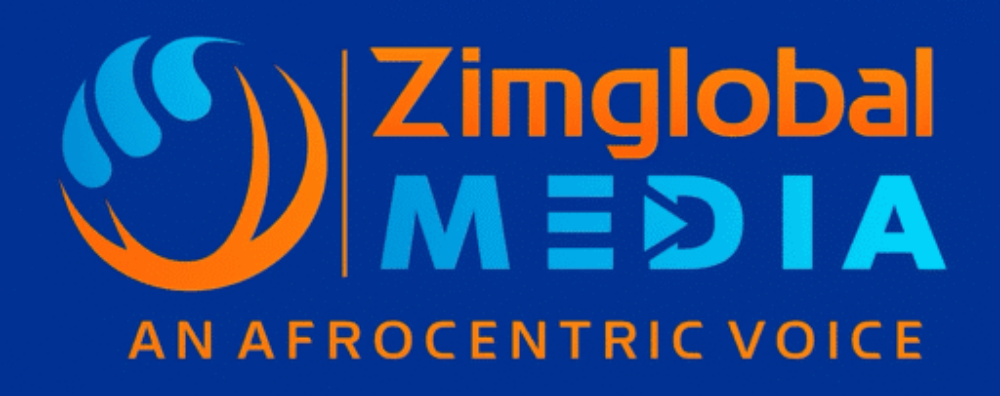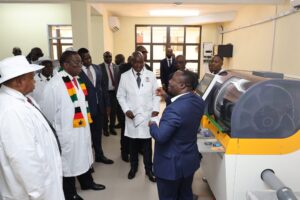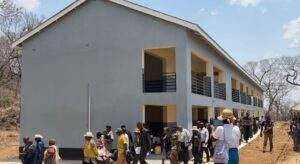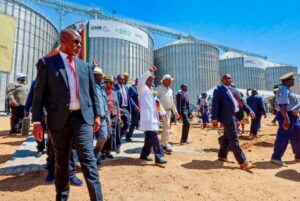AU Agenda 2063 – What It Means for Africa’s Future
2 min read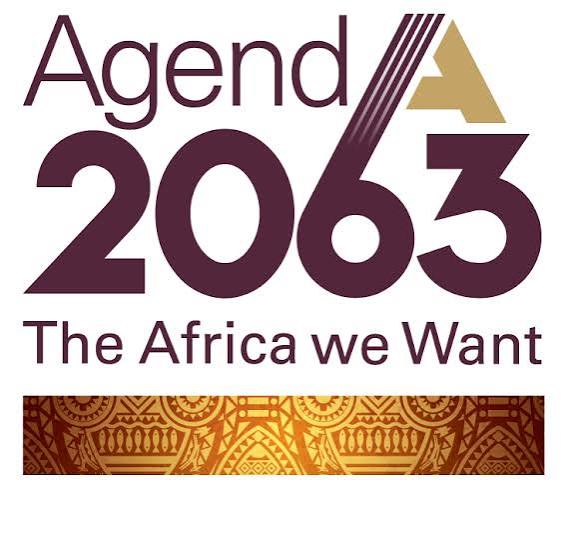
Africa is on a journey to reclaim its narrative and chart its own destiny. The African Union’s Agenda 2063 is a strategic framework that envisions a prosperous, integrated, and peaceful Africa by the year 2063, the centenary of the founding of the Organization of African Unity (OAU).
Agenda 2063 is more than a plan; it is a vision of a continent that leverages its resources, human potential, and cultural wealth to achieve sustainable development, unity, and global influence.
The agenda is structured around seven key aspirations.
Pillar 1 Speaks of a Prosperous Africa where inclusive growth, modern infrastructure, and industrialization are prioritized.
The second pillar speaks of an Integrated Continent. This largely entails a politically united and economically interconnected Africa.
The 3rd Pillar aspires for a Peaceful and Secure Africa where Conflict prevention, effective governance, and justice systems are the hallmark.
Pillar 4 provides for an Africa with Good Governance. An Africa that seeks at Strengthening democracy, human rights, and accountability.
The 5th cog of the Agenda 2063 blueprint speaks of Cultural Renaissance that works at reviving African heritage, arts, and languages.
The 6th Pillar is on creating a People-Centered Development that seeks to grow a move towards investing in youth, women, and marginalized communities.
The 7th and last pillar speaks to Africa as a Global Player. Here the Agenda seeks to the Strengthening Africa’s role in international affairs.
By encouraging intra-African trade and investment, Africa can reduce dependency on external markets.
The continent’s largest demographic — its youth — will be trained and integrated into leadership and innovation roles.
Reducing conflicts ensures sustainable development and social cohesion.
Revitalizing African identity strengthens unity and self-determination.
A united and strategically organized Africa will wield greater diplomatic and economic power worldwide.
What is really standing in the way of the successful implementation of the Agenda 2063?
Varied political systems and policies make continental coordination complex.
Poor connectivity hinders trade and integration.
Effective utilization of natural and human resources is essential.
Global economic and political influence can affect Africa’s autonomy.
Agenda 2063 is Africa’s roadmap to a new era of self-reliance, unity, and prosperity. It blends lessons from history with modern innovation, emphasizing that Africa’s future must be defined by Africans themselves.
By embracing this vision, the continent can transform challenges into opportunities, ensuring that the Africa of 2063 is thriving, culturally rich, and globally influential.
